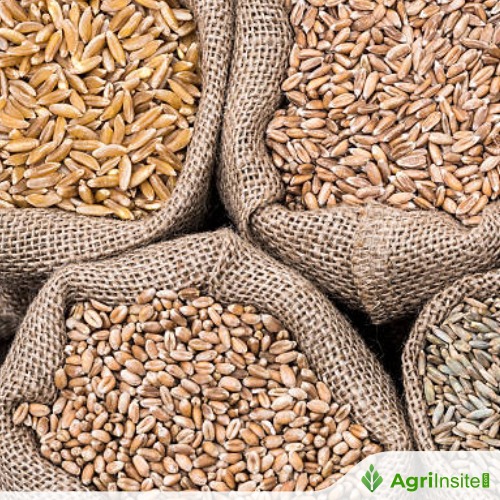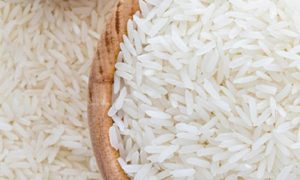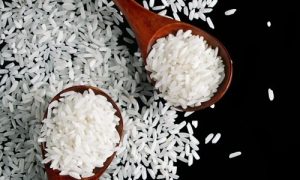Senegal develops national wheat strategy to reduce imports

Senegal is developing a national wheat strategy to cut import reliance and build a sustainable supply chain. Backed by trials of eight local wheat varieties, the plan focuses on seed distribution, value chain organization, and investment. The goal: reduce wheat imports by 40% by 2028 through local production expansion.
Senegal is crafting a comprehensive national strategy to bolster its wheat sector, aiming to decrease reliance on imports and establish a sustainable domestic supply chain. This initiative seeks to transform wheat from a marginal crop into a key agricultural pillar.
The strategy was unveiled during a two-day workshop held in Saint-Louis from July 29 to 30, 2025, bringing together farmers, researchers, processors, and government officials to shape the future of wheat cultivation. Led by the Directorate of Research and Innovation under the FIRST ACT project, the workshop marked a critical step in aligning stakeholders and setting clear objectives.
Since 2023, the Senegalese Institute for Agricultural Research (ISRA) has developed and tested eight local wheat varieties, currently trialed in the Senegal River Valley. These demonstration plots have shown promising results in yield and adaptability to local conditions. Project coordinator El Hadj Malick Lèye emphasized the collaborative effort, stating, “This program unites all actors and partners to discuss the rollout of a national wheat development strategy.”
The forthcoming strategy will focus on scaling up seed distribution, organizing the wheat value chain, and attracting public and private investment. It will also address challenges such as productivity, local processing capacity, and environmental sustainability. With Senegal importing over 900,000 tonnes of wheat worth US$301.3 million in 2024, according to the National Agency for Statistics and Demography (ANSD), the government aims to reduce imports by at least 40% by 2028
To Read more about Wheat News continue reading Agriinsite.com
Source : Ukr Agro Consult

















